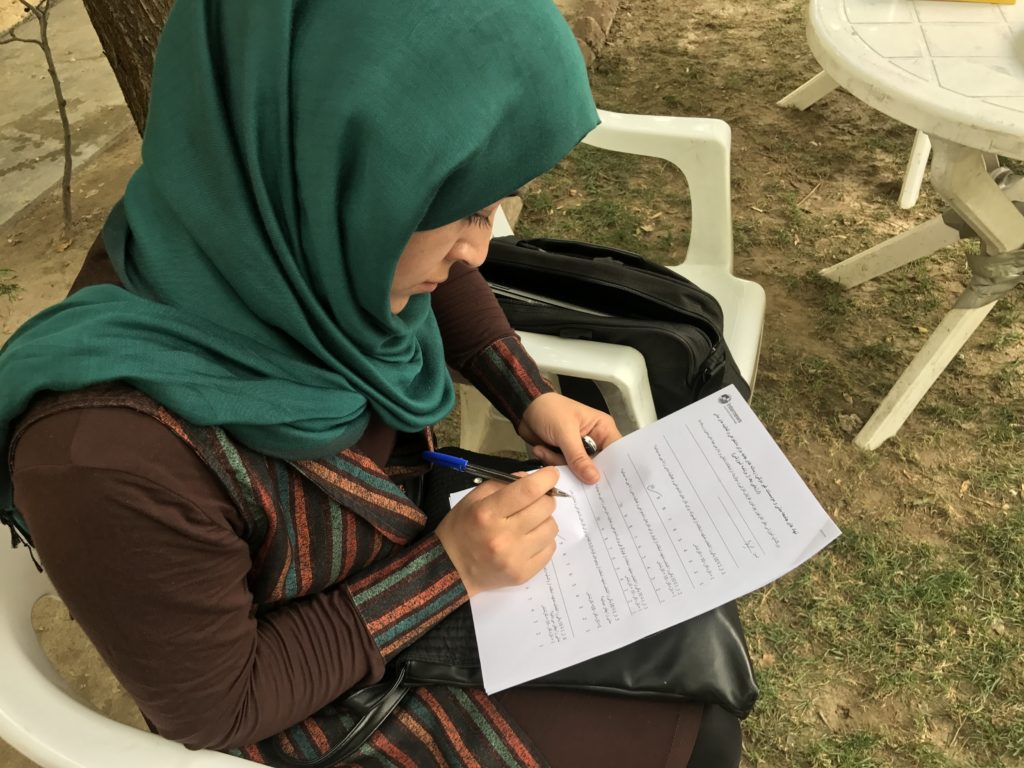
Sanjana Hattotuwa, Special Advisor at the Foundation, has travelled to Kabul at least once a year since 2015 at the invitation of Internews to conduct workshops on strategic communications, social media and digital security with a range of leading mainstream media organizations, journalists and civil society activists from around the country. The underlying rationale for these visits is to develop local capacities to use new and social media to bear witness to Afghanistan’s contemporary politics, society and governance. The work also strengthens resilience of key actors within the country to keep doing what they do even in the most austere of contexts, and is anchored to developing business continuity in the media sector, so that critical operations can continue even in the face of debilitating violence.
Sanjana’s last mission to Kabul was in July. He met with NAI where conversations were anchored to how as one of the country’s leading media training and production institutions, operations could continue without hindrance even in the face of technical disruption, a worsening context around the freedom of expression, and the possibility key staff or the organization writ large is subject to DDoS attacks. The conversation was also anchored to discussions that have been on-going for some years around the better, more strategic use of social media to promote NAI content, as well as ways to make its website better.
Sanjana then met with Pajhwok, another leading Afghan media initiative. In consultation with Pajhwok head and Editor, Sanjana came up with a detailed, technical blueprint for a new iOS app as well as had a number of exchanges around website security, network security and content management workflows, again anchored to discussions that have been on-going for some years.
With Salam Watandar, Sanjana was able to, in consultation with key Editorial, social media management and IT staff, discuss strategic ideas around how its site can better cope with an increase in content and traffic, how it could be more resilient to DDoS attacks, and also key ideas around the use of social media in general, and Facebook in particular, to promote key content.
The mission to Kabul ended with a comprehensive in-house three day workshops with leading women’s organizations from around the country, on social media strategy, online communications, training of key tools, platforms and apps as well as digital security, with a particular focus on Facebook privacy and security.
